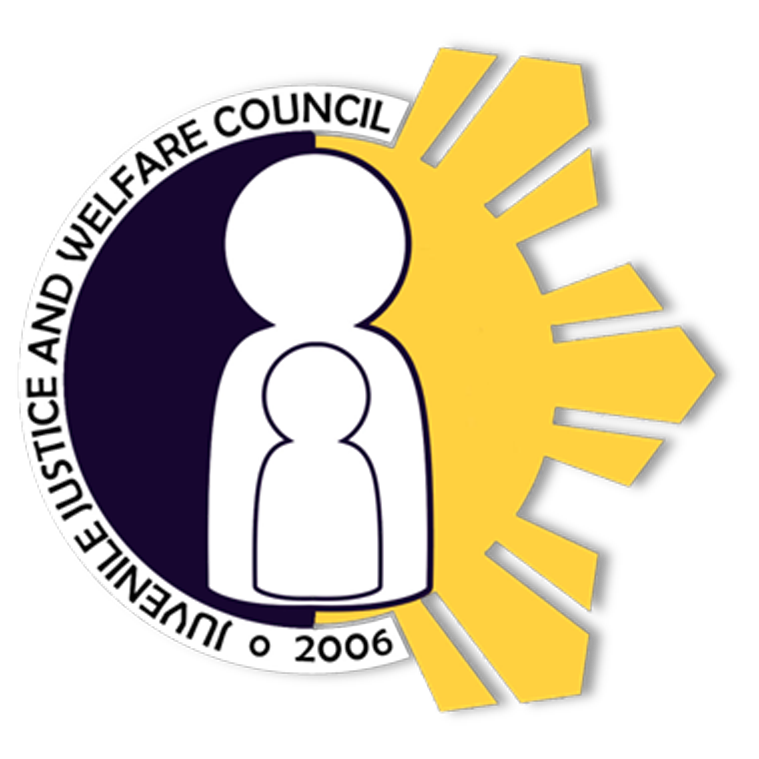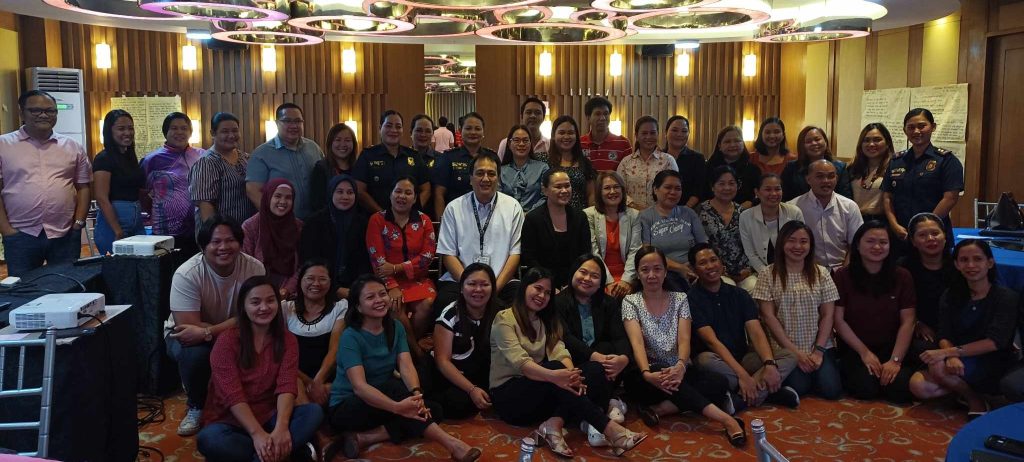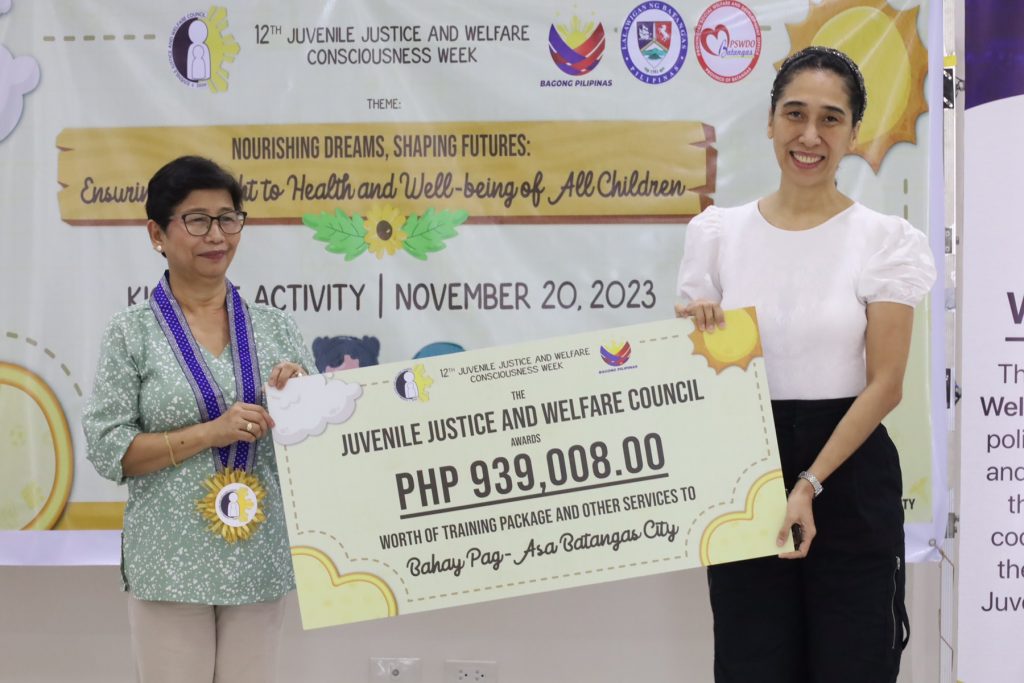The Juvenile Justice and Welfare Council (JJWC) trained Regional Juvenile Justice and Welfare Committee (RJJWC) Members and Secretariat from the Visayas and Mindanao Cluster on the Revised Integrated Care Management Protocol (ICMP) and Revised Protocol When Handling Children Allegedly Involved in Dangerous Drugs on June 25 – 30, 2023 in Cebu City.
The activity aims to capacitate key stakeholders in implementing, disseminating, and providing technical assistance on the revised JJWC-issued policies and support the recommendations of the JJWC 2022 Satisfaction Survey Report which is the regular conduct of orientation to duty-bearers and stakeholders on the JJWC-issued, approved, and adopted policies.
The Revised ICMP Protocol highlights the principles of restorative justice (RJ) and its concepts, it covers the conduct of initial contact with the child, family, and offended party, children who are exempt from criminal responsibility and subjected to intervention, integration of RJ content to the diversion toolkit, and the handling and managing of children at risk (CAR) cases.
While the Revised Drugs Protocol emphasizes the process of listing and delisting, registry, screening and assessment, interventions and treatment, aftercare, and reintegration of children allegedly involved in dangerous drugs. It was modified to ensure inclusivity in the disability sector, make use of a child-friendly approach and gender-sensitive process, allow the child to participate in the plan for treatment and care, take custody of the child while having treatment, and link with other guidelines and screening tools for children who allegedly use drugs.
Among the topics that were discussed on ICMP were: Highlights of ICMP Revision and Refresher on its Use, Restorative Justice and ICMP, Initial Contact with the Child, Intervention, and Custody of CICL without discernment, Diversion Proceedings, Contract, and Programs, Child Who Violates Ordinances, and General Conduct of Duty-Bearers when Handling CAR or CICL.
For the Protocol in Handing of Children Allegedly Involved in Dangerous Drugs, the topics were: Scope and Application, General Provisions When Handling Children Allegedly Involved in Dangerous Drugs, Protocol on Children Included in Lists of Suspected Drug Personalities, Protocol When a Child Submits or Surrenders for Alleged Drug Use: CAR, Protocol on Children Who are Apprehended or Arrested: CICL, Screening and Assessment, Interventions and Treatment, and Aftercare and Social Integration.
Also discussed during the training were the Administration of Multi-Dimensional Reintegration Tool and Katatagan, Kalusugan at Damayan ng Kapamilya para sa Kabataan Project.





